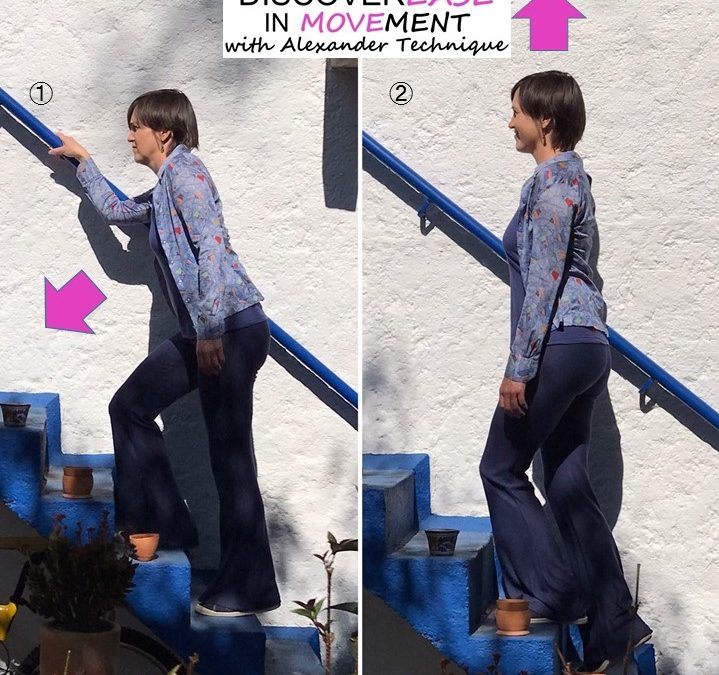
Using less effort to walk up stairs
This week's topic is walking up stairs. As always in this “The Art of Doing Everything – Undoing to Do” series, I'll give you my interpretation of what is contributing to my use of my body in each photo rather than say that a particular way is right or wrong, but I...
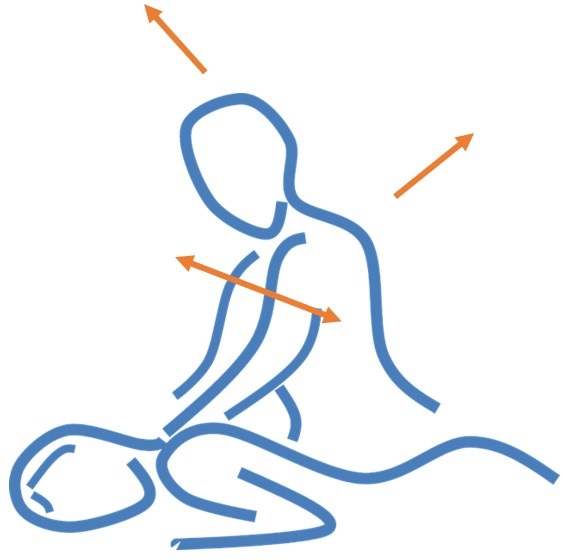
3 Good Reasons Not to Concentrate – Part 2
3 Good Reasons Not to Concentrate - Losing Touch with Yourself In my last article, I wrote about "stretching your attention muscles" instead of "focusing." Here's another reason why not to concentrate and what to do instead. When you try hard, you lose touch with...
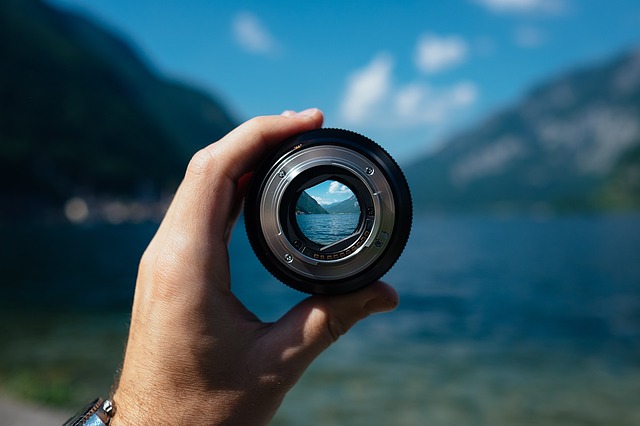
3 Good Reasons Not to Concentrate – Part 1
3 Good Reasons Not to Concentrate - Part 1 “Concentrate!” we’re told, in order to get things right. Is that really the best idea? Does it really help? Here are three reasons why I think concentrating generally isn’t a great idea and an alternative. When you narrow...
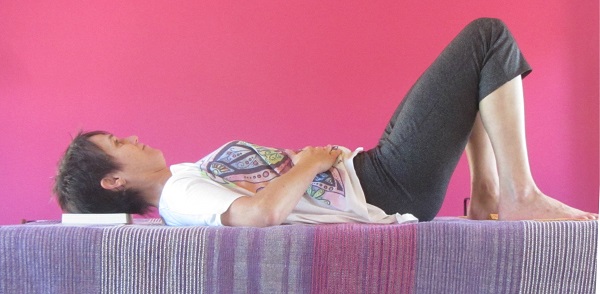
Refresh with constructive rest – Alexander Technique style!
Make your rest active and your activity relaxing! Here's a reminder or a quick summary of Alexander Technique constructive rest in case you've never tried it. Constructive rest is a great way to start the day, to refresh during or after a long day, to organize...
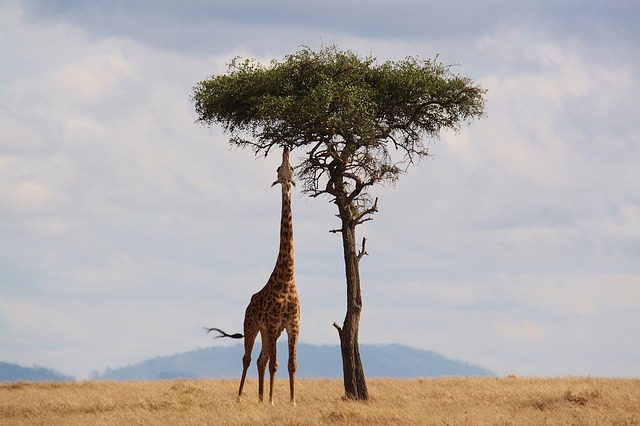
Discovering an easier way of being
Click to go to article
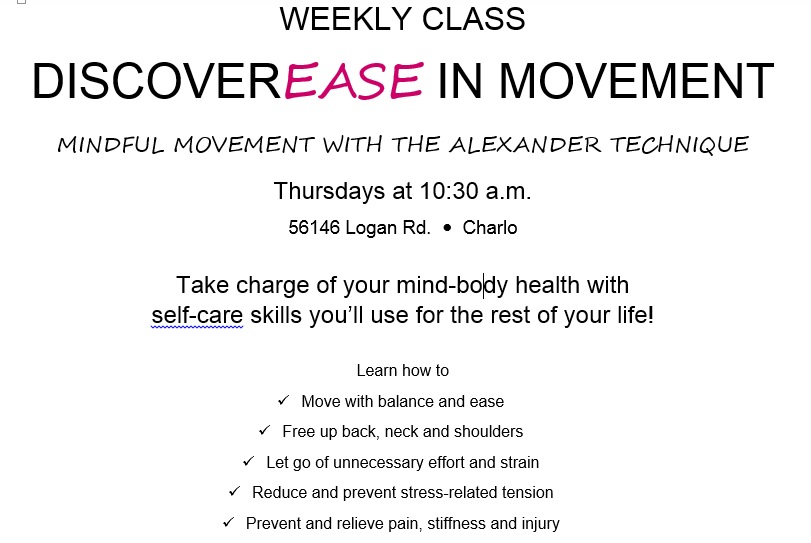
Weekly DiscoverEase in Movement Class in Charlo
In this gentle movement and walking class you'll learn how you can move more easily, be upright (sitting, standing and moving) with less effort, tame your pain and reduce stiffness and stress. The Alexander Technique is a unique educational approach to using your...
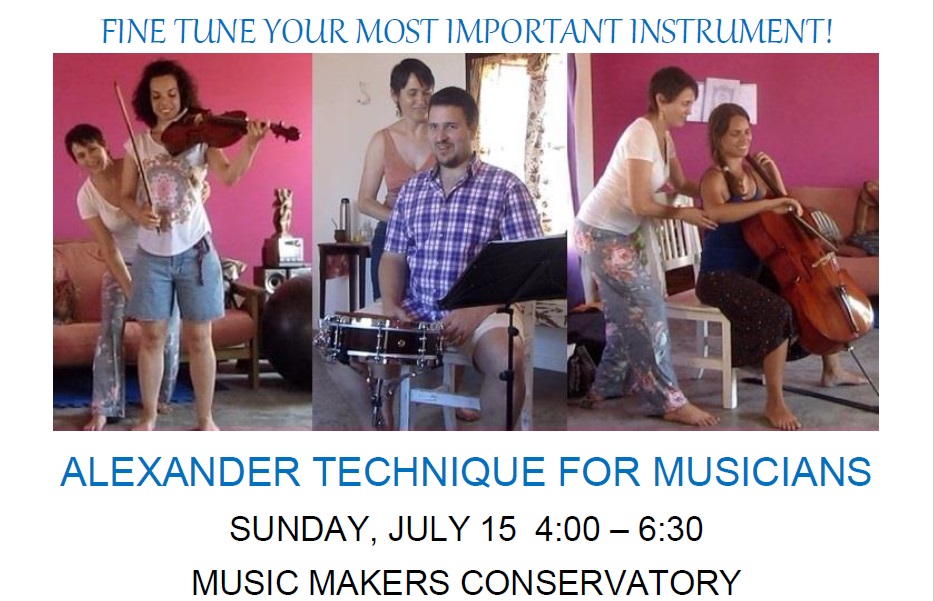
Mindful music making for greater comfort, health and enjoyment!
Alexander Technique for Musicians Sunday, July 15 4:00PM All musicians, 7:00 Singers Music Makers Conservatory By 7/9 + private lesson After 7/7 (workshop only) 1st workshop: $35 $80 $50 2nd workshop: $25 $70 $40 Both workshops $50 $90 $80...
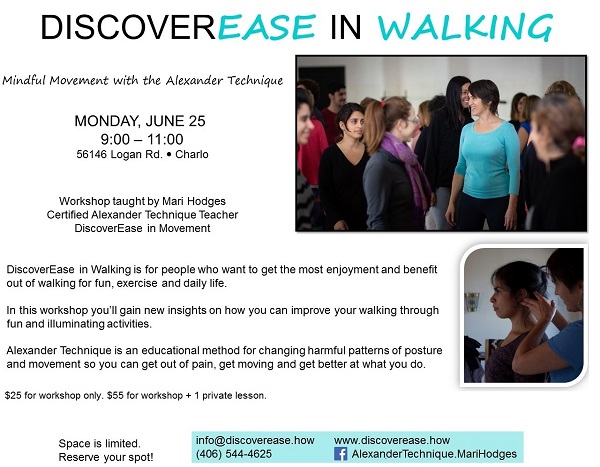
DiscoverEase in Walking Workshop
DiscoverEase in Walking class Monday, June 25 9:00 - 11:00 We'll have fun with some illuminating activities that will help you walk easier and more freely, so you can get more enjoyment and benefit out of walking, as well as get to where you want to go! 56146 Logan...
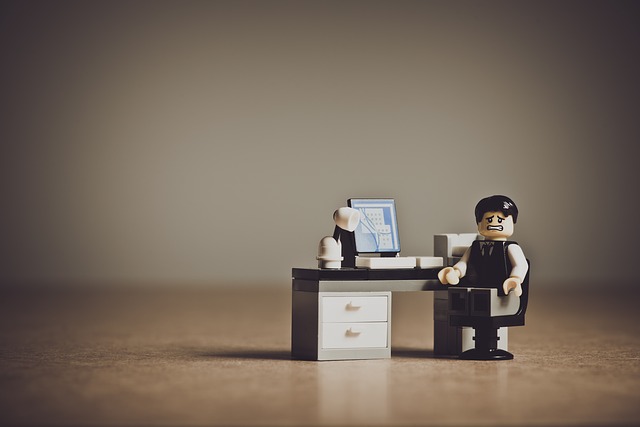
Postural health in the workplace
If you’re like most Americans, you spend more than 50% of your waking hours either at work or getting to and from work*. That’s a huge percentage of life. All the more reason to care for your postural health in the workplace. But a staggeringly high percentage of...
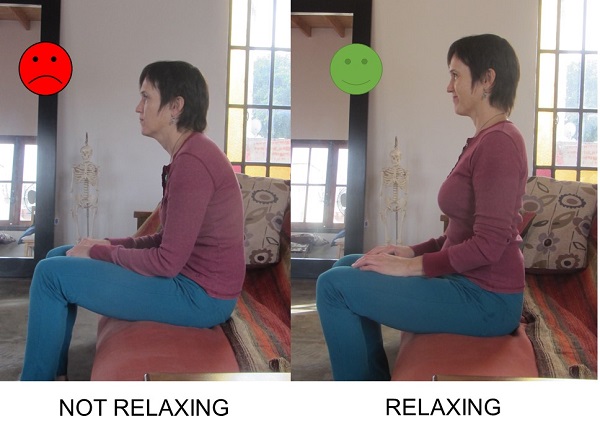
3 steps to stop contributing to your own pain
Pain and stiffness often come from using the body in a way that is contrary to its design. For example, many people hold up body parts with muscles that aren’t meant to do that job. Here are three ways you may be “holding yourself up” unnecessarily and one way to help...
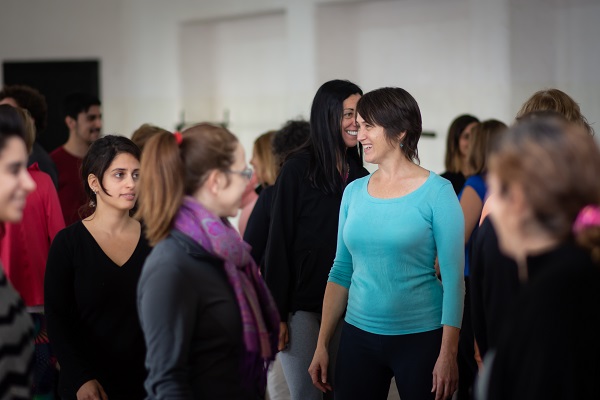
How to help yourself get out of pain – Part 2
Today I want to share with you a KEY factor for helping yourself get out of pain. Movement and exercise are essential for a healthy body and mind, but HOW you go about your activities is equally, if not MORE, IMPORTANT! In my last article I shared my own experience...
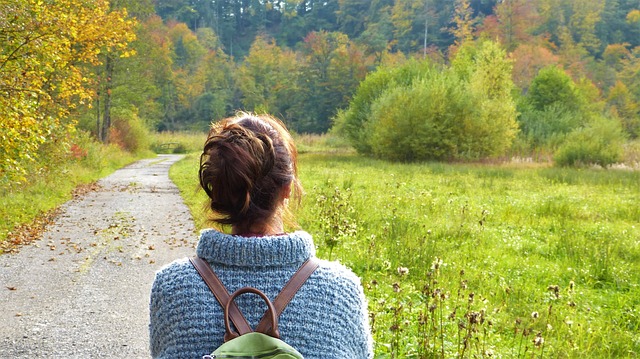
How to help yourself get out of pain – Part 1
Do you experience back, neck or other pain that lingers on? Or that keeps coming back? Maybe you tried going to the doctor, medication, exercise, massage, alternative therapies? All of those are great things to do and everything has it’s time and place, but I’d like...
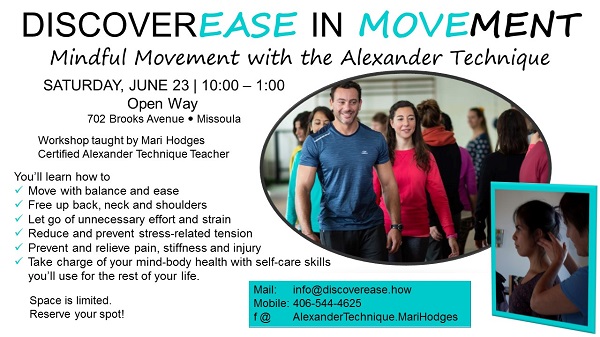
DiscoverEASE in Movement: Mindful movement with the Alexander Technique
DiscoverEASE in Movement Workshop Saturday, June 23 at 10:00 at Open way | 702 Brooks Ave. in Missoula, MT Pre-registration by 6/16: Workshop only $35, workshop + private lesson $55. After 6/16: workshop only $50. Contact me to schedule a private...
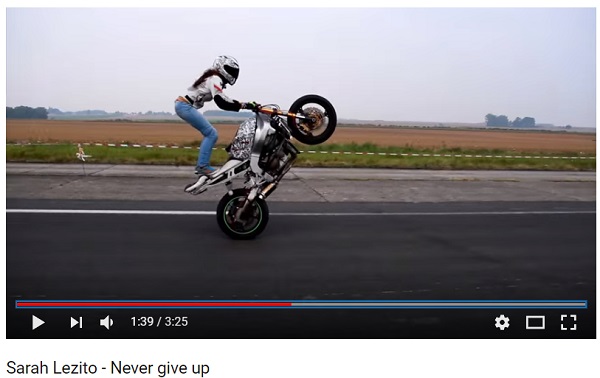
What does a motorcycle stuntswoman have to do with a violinist?
Or "How to practice motorcycle stunts at your desk" When someone showed me a video of this French woman doing stunts on a motorcycle, I thought, why should I bother watching this, I’m not in to motorsports. As soon as I glanced at the video, though,...
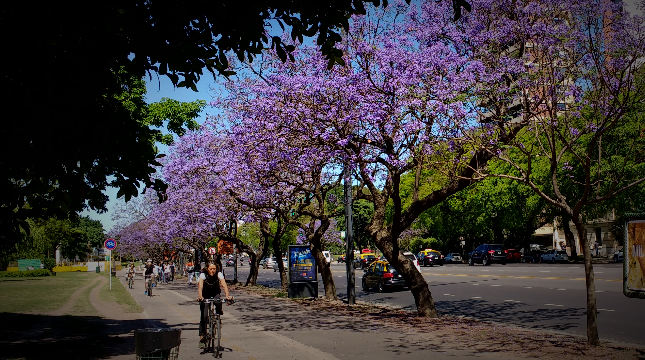
Balance in the seven realms
I’m happy to be back running again. I had stopped for about three months and I had a hard time making it a priority again. I had all these other important things to do. But I started to realize that I was missing something in order to have balance in my life. (But...
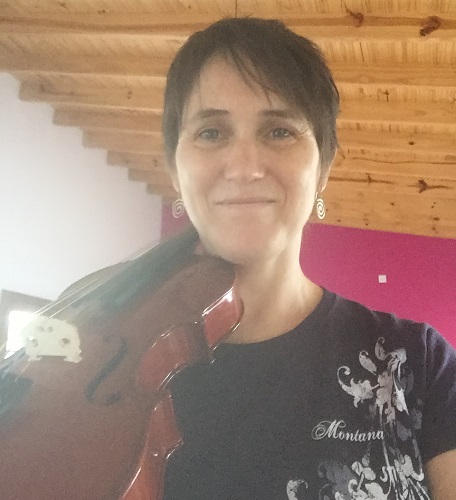
My struggle with how to hold my violin
I’m going to go out on a limb with this blog. I don’t know how best to hold my violin and I’m frustrated. What I do know is that if I keep doing what I do know, I won’t be able to do something I don’t know, to paraphrase the words of F.M. Alexander. I don’t know how...

Are you scrunching your neck to look down?
Looking down without getting a crick in your neck The other day a woman coming for Alexander Technique classes remarked that everything we do at home and at work involves looking down. And she showed me how she has to look down at everything, from the phone on her...
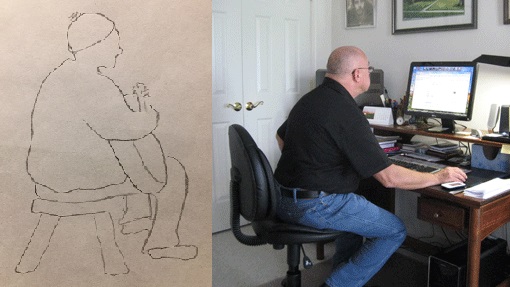
3 Tips for Sitting Comfortably with a Guitar or at the Computer
Do you suffer from “guitar neck” or “computer neck”? There is a lot of talk these days about “text neck,” the phenomenon of necks bent forward at the base of the neck and the resulting crick in the neck. It’s not just when we use the cell phone that it happens,...
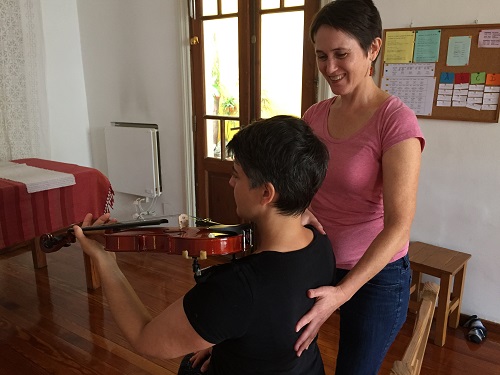
How I deal with sitting for a long time in the same position to play violin or work at the computer
At a recent DiscoverEase in Movement workshop for musicians, I was asked what do I do when I have to sit and play my violin for a long time in the same position so my back doesn’t hurt. Many of us, whether we’re musicians or not, find ourselves stuck in positions for...

Inner coordination to do what you love doing
Have you ever had to play an instrument or do another activity with an aching back or tense shoulders? All the musicians who came to the Alexander Technique for Strings Players the other day either had some kind of pain or injury, or had had the experience of playing...
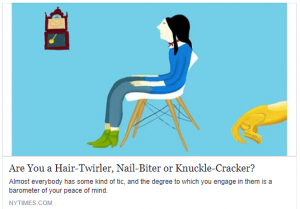
Nervous habits get in the way of what we want to do. Alexander Technique can help
I have a tic. I don’t do it so often anymore, but since I was a kid I’ve picked at my cuticles. It comes back occasionally when I’m nervous. This kind of behavior begins as an option on the menu of motor options in the part of the brain known as the basal ganglia. The...

Upwards and onwards
For me, the greatest part of traveling is getting to see friends and family and build new friendships. Once I get where I’m going it’s great, but the getting there part sometimes isn’t so fun. Have you had to travel for a really long time in a car, plane, train or bus...

Dealing with the stress of driving in snow and heavy traffic
The other day I drove to Helena, MT, in the rain and snow for some DiscoverEase in Movement classes I was teaching. I passed a lot of trucks spitting up more water onto my windshield along the way, and it was snowing as I approached MacDonald Pass, at 6,300 ft. The...
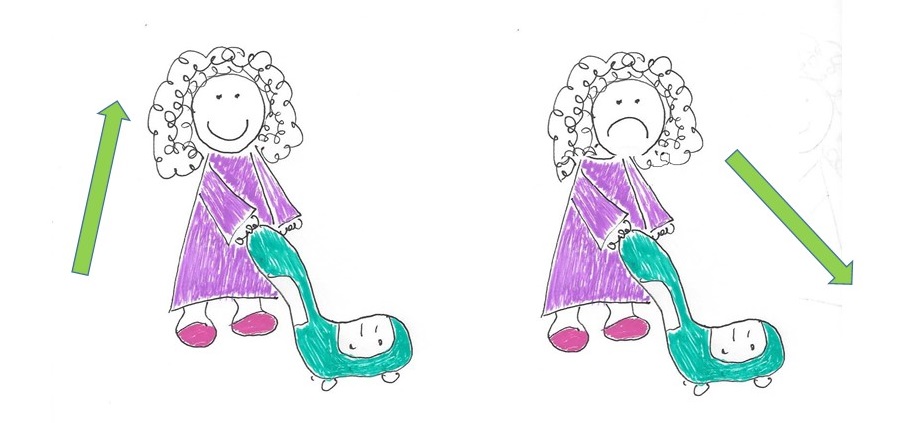
Pushing a vacuum and other chores that get you down
Every kind of movement you do is fair game in a DiscoverEase in Movement with Alexander Technique class. Just the other day, I explored with someone how to push the vacuum cleaner without having her back hurt and ending up so exhausted. We realized that her focus as...

The “biodiversity” of movement
I recently participated in a permaculture workshop, and one of the classes I attended was about how to build beautiful soil from hard ground. The teacher was passionate about her subject, and I couldn’t help reflecting on the similarities between her advice on soil...
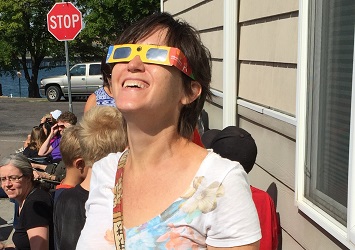
Looking up
I’m often asked how can you look up without scrunching your neck and compressing your spine. I agree that tasks that involve looking up are challenging, whether it’s looking up at a screen, painting your ceiling or gazing at the stars. When looking up or looking down,...

How to protect yourself from chronic pain
Lately, mainstream news has told us that yoga and other types of exercise do just as well as physical therapy to improve chronic pain. Why is that? In this series of blogs I’ll talk about what pain is, how it works and why it’s so important to understand it. Solving...
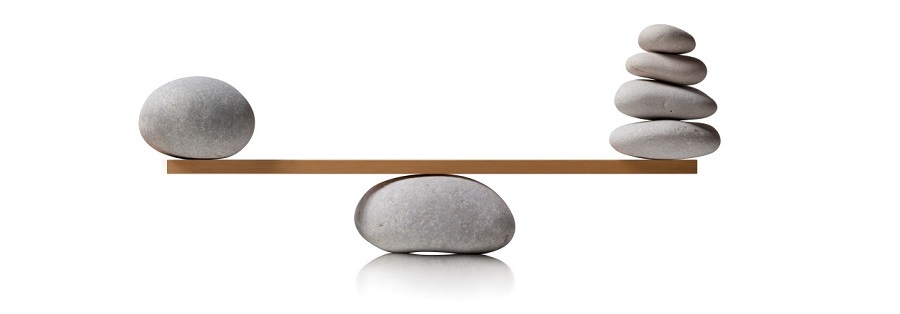
You can protect yourself from chronic pain
Chronic pain can be present without actual tissue damage, or even after tissue damage has healed. It can be triggered when your brain weighs all the factors and determines that you are in danger. You can protect yourself from - and reduce - chronic pain by bolstering...
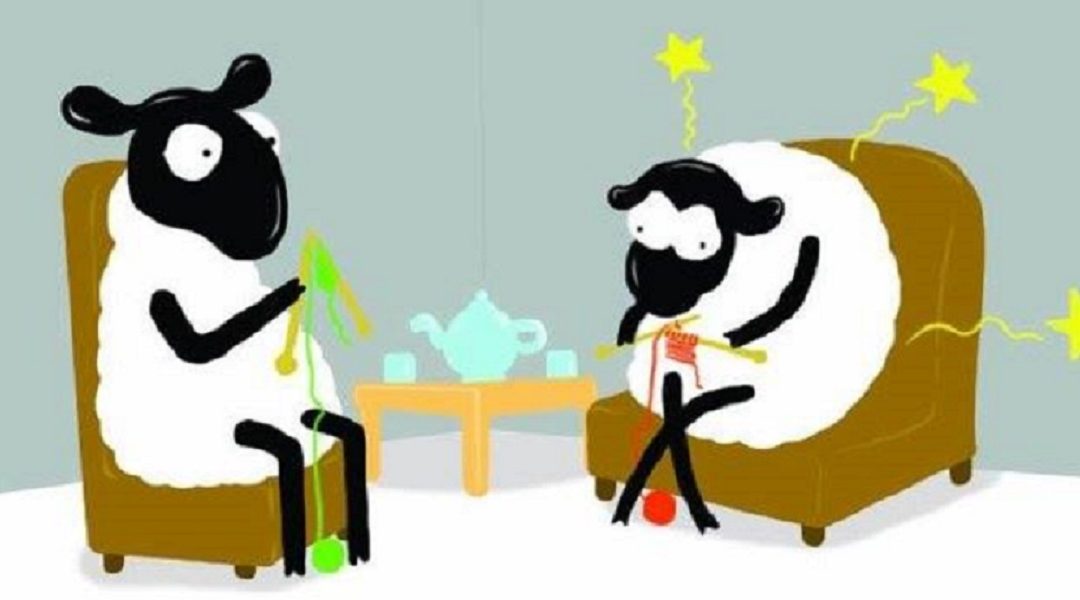
Mind-body ease with the Alexander Technique in Missoula, MT
I'm looking forward to the upcoming encounters at The Learning Center at Red Willow in Missoula, MT, USA. We'll be exploring how we can release excess tension and change patterns of habit to experience greater freedom and ease of movement as well as easy upright...
Alexander Technique Video
Last year I wrote a blog on what the Alexander Technique is (I just fixed some typos). Here is a video from the American Society for the Alexander Technique on the benefits of the Alexander Technique.
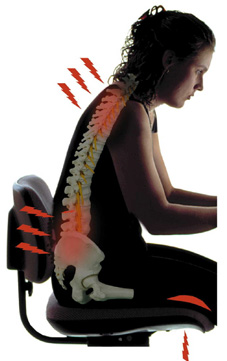
Cognitive behavioural approach recommended for back pain
The UK's National Institute for Health and Care Excellence (NICE) has decided to limit prescription drugs and to encourage a combination of exercise and mind-body options incorporating a "cognitive behavioural approach" for low back pain. General practitioners in the...
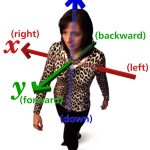
So you want to improve your posture
You've been told, or you think you should, improve your posture. Maybe you're experiencing back pain or a stiff neck but there's nothing physically wrong with your neck or back. Everyone probably knows now that poor posture leads to pain and stiffness. But how do you...
Research on the Alexander Technique
If you'd like to read about some of the research that's been done on the Alexander Technique, here are links to some studies. Alexander Technique lessons or acupuncture sessions for persons with chronic neck pain: A randomized trial MacPherson H, Tilbrook H, Richmond...
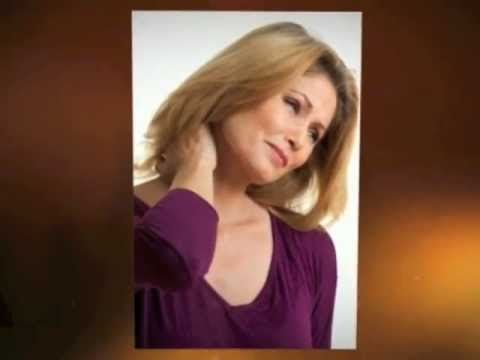
Relief for chronic neck pain
Good news for people who suffer from chronic neck pain. A new study shows that Alexander Technique lessons lead to a significant long-term reduction in chronic neck pain and improve self-care ability to reduce or manage pain without medication. People in the study who...
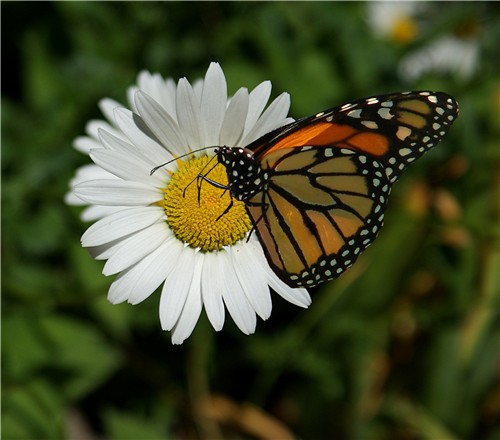
Unwanted postural habits–the weed in our garden
A weed is a plant growing where you don’t want it. That’s what unhealthy postural habits and other unwanted habits are like. Weeds aren’t necessarily bad, they’re just not helpful in your garden or your lawn. They take over everything, and if you don’t pull them out...
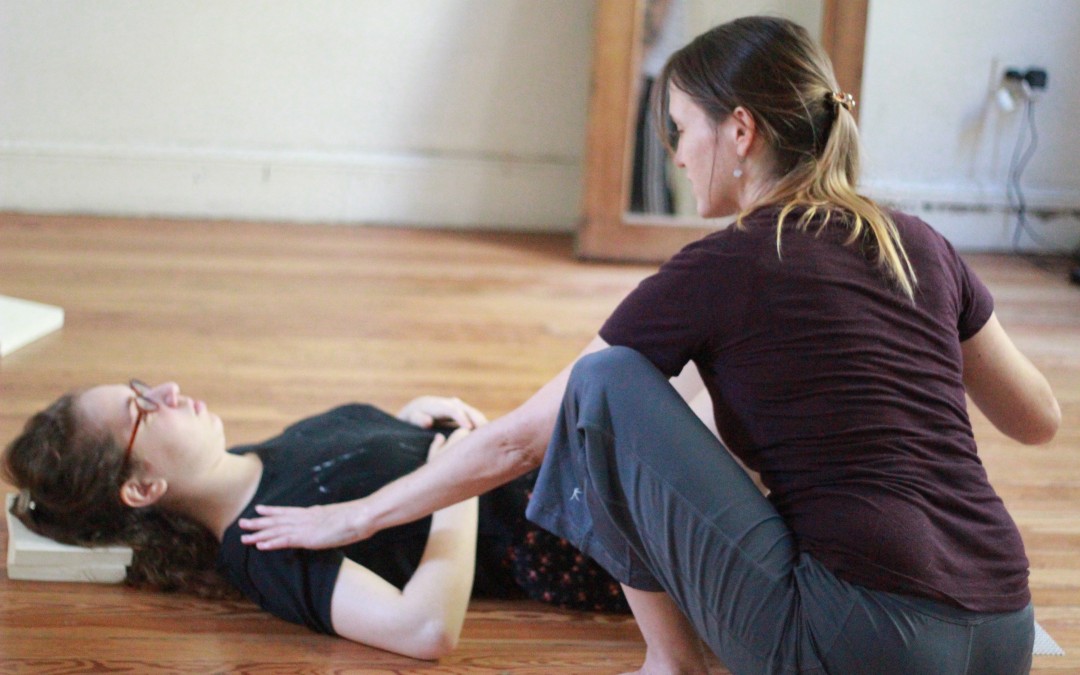
Alexander Technique classes this summer in Montana
This summer, treat yourself to a mind-body re-education to improve posture, undo unnecessary tension and discover new possibilities of effortless balance, coordination and movement. Alexander Technique helps us to increase our awareness of postural and other habits,...
Squatting
Squatting continues to be a common form of sitting in many cultures, including many Asian cultures. In many countries, however, sedentary life since childhood leads us to lose the ability to squat comfortably and to become accustomed to slumping. When we try to squat,...
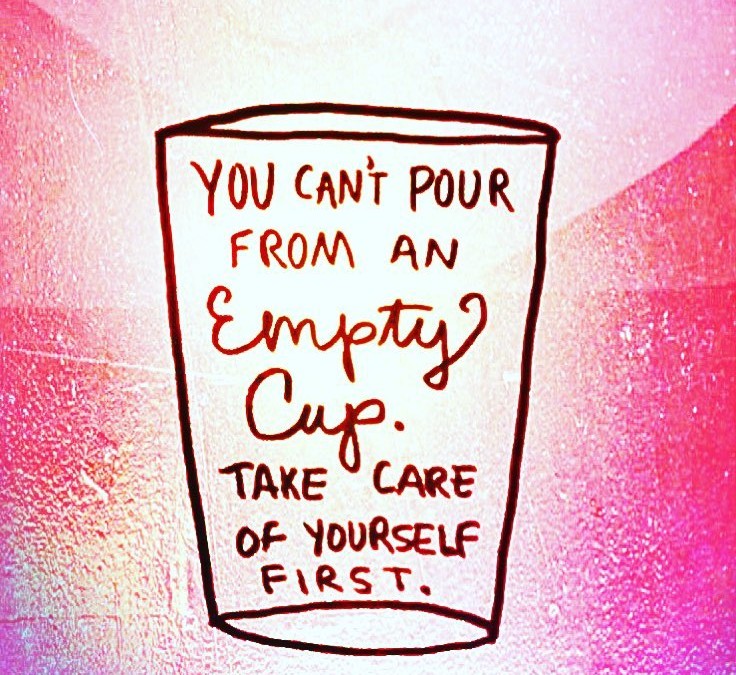
Empty cup
https://www.facebook.com/projecthappiness/photos/a.143702586636.124039.43808911636/10153431709391637/?type=3&theater
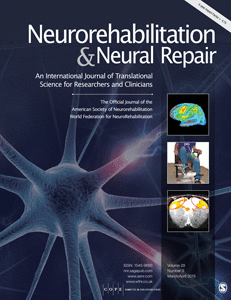
Parkinson’s Disease and the Alexander Technique
A study with patients with Parkinson's Disease compared the results of practicing instructions given to "lighten up" based on the Alexander Technique to those of "relaxing" and those of "activate core muscles to pull yourself up." Putting the principles of the...
“Turning off” the criticism
We perform best when we "turn off" the parts of our brains that criticize ourselves. https://www.theguardian.com/education/2016/feb/20/how-brain-freestyles-music
Body language
Our body language is often the result of our attitude or how we feel, but changing your body language also changes your attitude and the way you relate with others. But do we really know what we're saying with our body language?...
Present and available
"You're present and available, and everything is part of the picture. If something starts to go wrong, then you notice." Luc Vanier Video by Luc Vanier https://www.youtube.com/watch?v=W5LdFtpelNo&app=desktop

It all makes sense now…
Stop doing with the neck
"So, in our work, it's not just a question of relaxing the neck. That is the wrong point of view. The point is to stop doing with the neck what needs to be done with the arms, legs, etc." - F.M. Alexander
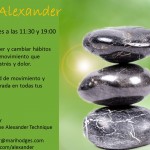
Clases grupales Group classes
Fridays - Viernes 11:30, 19:00 Palermo, Buenos Aires

What is the Alexander Technique
What is the Alexander Technique? It is a way of re-educating ourselves to be genuinely who we are, of letting go of unnecessary effort, unconscious tension and habitual reactions that interfere with our ability to be at our best, healthy, integrated in body and mind,...
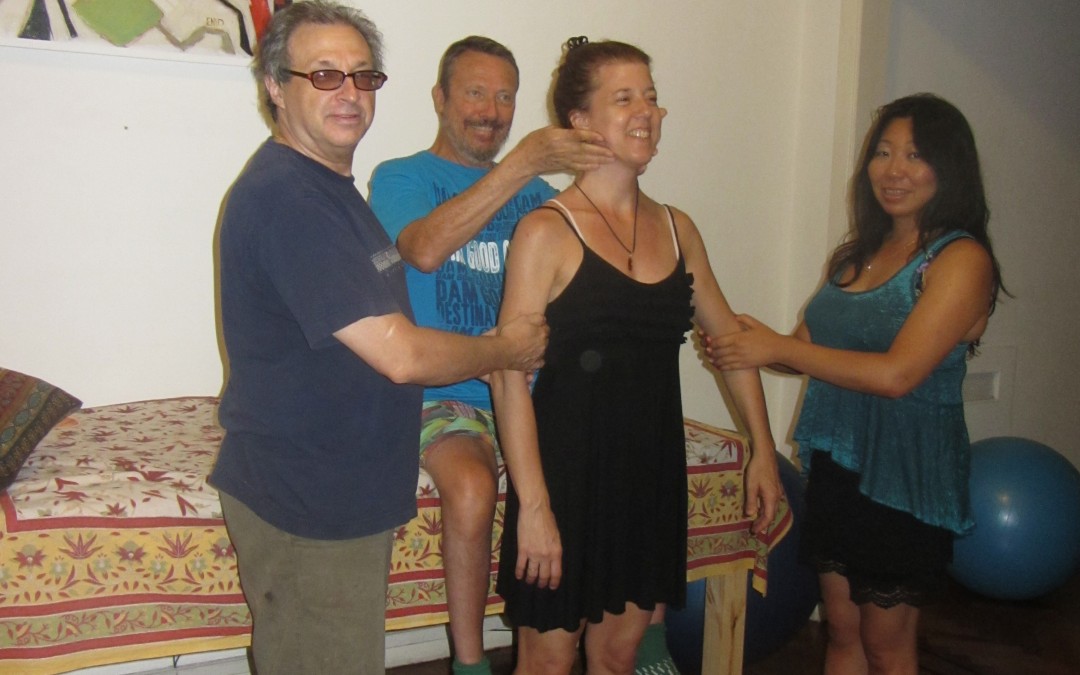
We are always in movement
Yesterday we were observing, among other things, how the body is always in movement, that the idea of holding still means to hold and to work much harder, and it doesn't even give us greater stability. Balance is something dynamic. The head balances on top of the...
Being present
In my study of the Alexander Technique, it seems to me that it is the thing that's most similar to meditation without being meditation. Because it's about being present in the moment, in your body, in your mind, in your activity here and now, with all of your self....
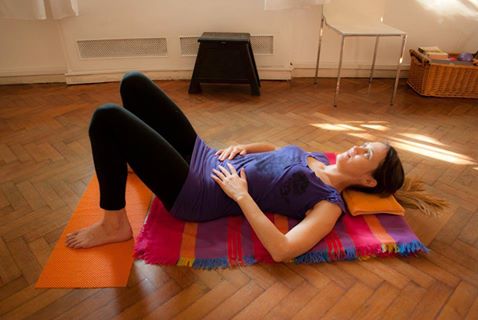
Constructive rest
This week I'll be sitting at the computer a great deal, and the computer is a very strong stimulus to push the head forward toward the screen. This makes the actual weight we have to hold up much greater and makes the back work overtime. Our bodies aren't made to sit...
Doing something you don’t know
"You can't do something you don't know if you keep on doing what you do know." - F.M. Alexander

Recent Comments